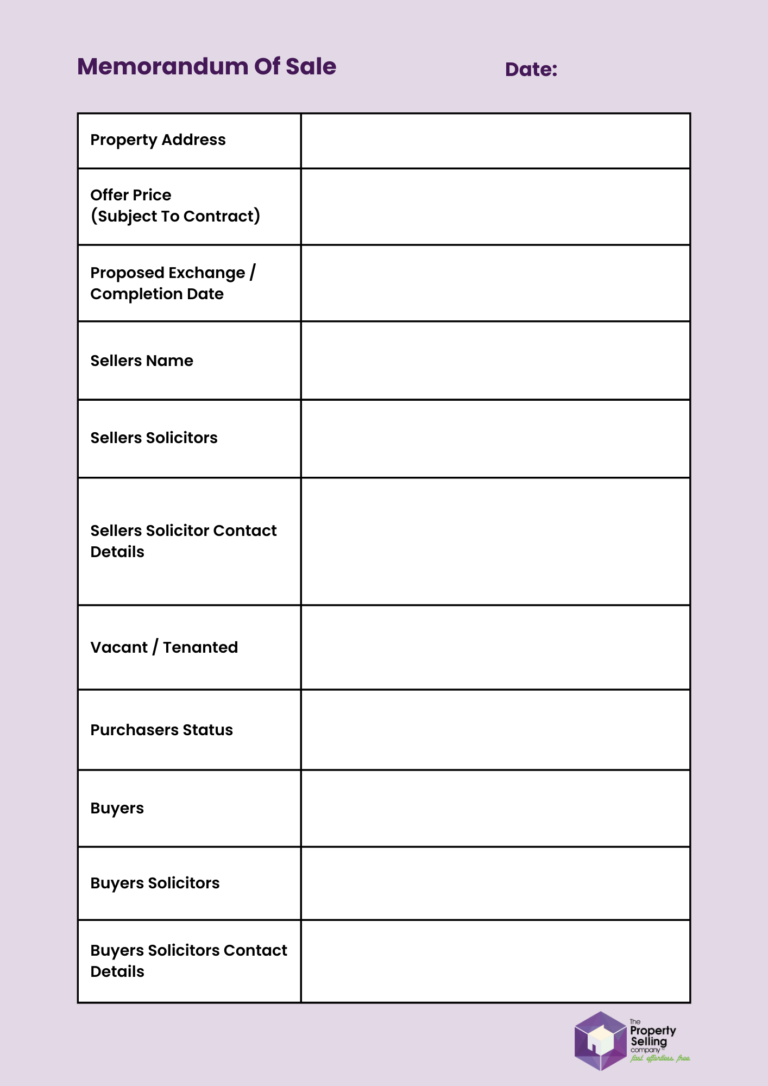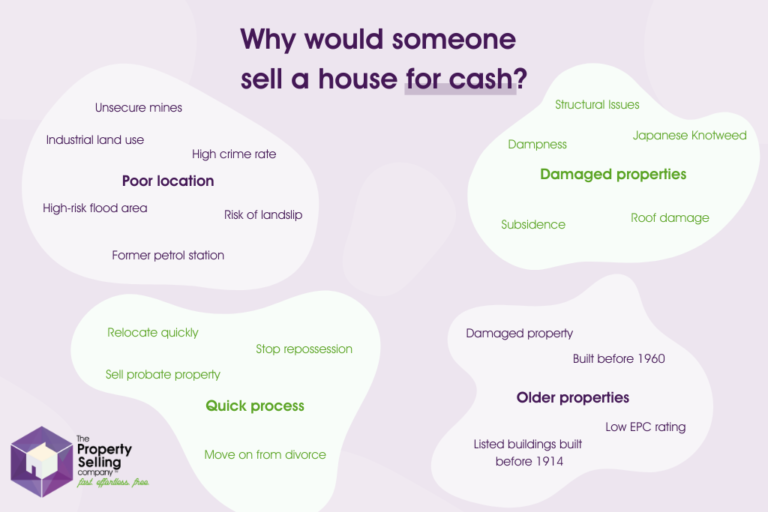
Offers In Excess Of Meaning
Looking at what offers in excess of mean and how it can affect your place on the property ladder.

Alexandra Ventress ★ Digital Content Writer
Table of Contents
When it comes to the wonderful world of property, you are likely to hear a lot of acronyms thrown about. From SSTC to AIP, it seems like nothing in property goes by its full name. However, whilst you may have a basic knowledge of some of the acronyms, there are others that can leave you scratching your head.
For example, what does OIEO actually mean? Is it the same as offers in excess of? And what does it mean for your property sale or purchase?
In this blog post, we are going to answer all these questions and more. If you know what you are looking for, check out our interactive menu on the side!
What does offers in excess of mean?
OIEO is an acronym that stands for ‘offers in excess of’. Whenever you see OIEO on a property, it will be accompanied by a price. It means that the seller is looking for prices over the stated price.
Unlike a typical asking price, where potential buyers have a habit of under-offering, stating you are accepting OIEO, you are able to avoid being lowballed. Being OIEO will show potential buyers that you are unwilling to enter negotiations and that you must at least meet the listed price.
What is the difference between in excess of and offers over?
These two expressions mean the same thing. They are both used to show that the seller is expecting any offers they receive to be over the guide price and are not willing to negotiate or accept anything lower.
Why do people put offers in excess of?
There are many different reasons why a seller may list their property as ‘offers in excess of’. It could be a case of you being mindful of your budget and are trying to minimise the amount you will spend on estate agency fees and legal costs, as these are often the two costs that eat the most out of your final price.
It could be a case of the estate agent believing selling OIEO could lead to a better sale. This means that although the price may be advertised lower than the homeowner was hoping for, the potential for a higher number of interested parties to bring higher offers is greater.
Other times it could be a case that the property has undergone such a transformation that the estate agent cannot put an accurate price on it. Or it could be that the property is located in an area where property value differs.
Why do estate agents ask for properties OIEO?
If your estate agent recommends that you should want to sell your property as OIEO, then it may be because you are unable to agree on what property price to settle on. As the seller, you may feel as though your property is worth more than the valuation that your agent has provided, so they may suggest adding “offers in excess to show they are trying to get you the highest price for your property.
They may also try and sell the house as OIEO as a way of encouraging interest, this is because the property will be listed as below market value, making it a competitive price. This will generate a lot of interest and make the estate agent look as though they are doing a great job of marketing.
Another reason why a property may be listed as OIEO is if it is at auction or an open house event, as it is a good way to encourage bidding wars.
Your estate agent may also list the property as offers in excess of if it is hard to value. If you own a very unique property or there are no comparable properties in the area then it can be hard to get an accurate valuation.
Should I sell my house as OIEO?
Whether or not you should put your home on the market as accepting offers in excess of is down to your personal situation. You should be wary as selling as OIEO can sometimes mean overpricing your property, which can then leave you with little to no offers. However, you can use this as a chance to offer your home at a lower price, which will generate interest and then drive up the price as a result.
Can you go below offers in excess of?
Whilst it is possible to make an offer below OIEO on a property, the chances of it being accepted are very low. Because the seller has marked it as OIEO specifically it means they are asking for offers specifically above the asking price, they will be unlikely to accept less than the asking price. However, according to data from Sold.co.uk, eighty-five per cent of homes end up selling for below the asking price, so you can always test the waters and offer slightly below the OIEO price.
Whilst it can be a risky move if you decide to offer under the offers in excess price, you can help your chances by making your offer more attractive. You can do this by proving you can finance the move.
Is it rude to offer less on a house?
Sellers will often expect buyers to come in a little bit under the asking price when they put their home on the market, as this leaves room for negotiation. However, it is important that you do not make your offer too low, otherwise, the seller may not even entertain your offer.
Does marking a property as OIEO put buyers off?
Marketing your property as offers in excess can put buyers off as they will often have a budget themselves and will be looking to stick to it as closely as possible. When you mark your property as OIEO, you are letting buyers on the property market know that you are not willing to accept less than the guide price, meaning buyers will often go elsewhere.
If your motivation behind listing your property as OIEO is that you are factoring in the estate agent’s fees and legal costs, then we may have the selling solution for you…
How can we help?
Here at The Property Selling Company, we specialise in fast, effortless, and free sales, because we believe that buying or selling a home shouldn’t be complicated.
We will be working alongside you every step of the house-selling process, covering everything, so you won’t have to. The days of expensive solicitor fees and legal work are over, and our team of property experts will continue to be there, even after the process is complete.
We will market your property on popular property portals such as Rightmove and Zoopla, organise viewings, cover legal fees, and negotiate better deals all for free!
So, if you are looking at purchasing a house marked as SSTC, or you are looking to find your next home, we can help you get sold in as little as 28 days! Fill out one of our fast, free, no-obligation forms for your house valuation today!












